You might have heard of VPN, seen your friends use and recommend them, or even used a VPN yourself. But, do you know what VPN software really is and how it works internally to keep your Internet connection private? If not, you have come to the right place. Let's develop a clearer understanding of what is a VPN and why you should use a VPN. Let's start with a basic idea of the Internet and then, we will see where a VPN fits in.
What is the Internet?
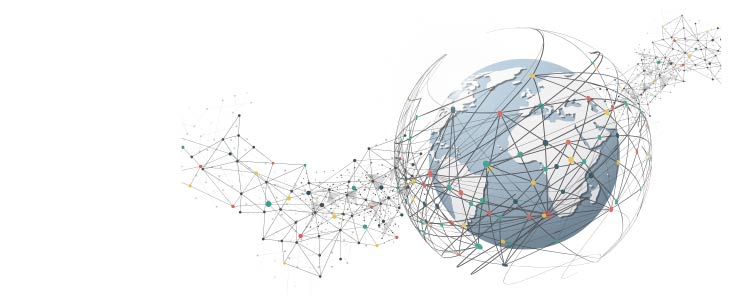
The Internet is a massive global network of electronic devices like computers, smartphones and tablets. At a very basic level, this network is just a massive hotchpotch of cables running for thousands of miles under the sea. These cables form the backbone of this global Internet network. Even when you are connecting via Wireless networks like WiFi or 4G, you will eventually connect to this backbone network at some point. In the traditional sense, your ISP (Internet Service Provider) lets you join this backbone when you get online.
Every time you get online, whether you are surfing the web, watching videos or downloading torrents, you simply connect to other computers (or electronic devices) on this massive network and exchange (send or receive) data with them through your browser. That is why, we sometimes call this activity web-surfing or web-browsing.
What is a VPN?
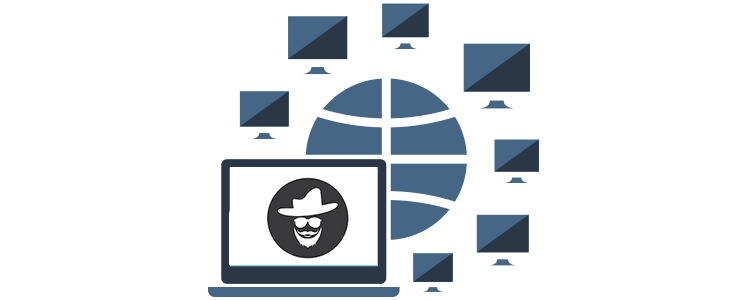
VPN (read as Vee-Pee-En) stands for Virtual Private Network. A VPN acts as an intermediary between you and the Internet to create a virtual network, where your activities are private. This is made possible by two things:
- A client software, that will be installed on your device (computer or smartphone)
- A virtual Private Network, to which the you will connect using the client software
Detailed Study: How a VPN works
When you get online through a VPN (Virtual Private Network), the client software take over the Internet connection on your device and encrypts all the data traveling out from your device using a special VPN security protocol. It then leverages the Internet connectivity provided by your ISP and connects to servers of the VPN. The VPN in turn decrypts the data received from your computer and brings you the information that you requested from the Internet. This data is also in an encrypted form and is sent to you via your ISP completing the route back to your computer. At your computer, the client software then decrypts the information once again and displays it to you.
In other words, when you use a VPN, you first communicate in a secure manner with the private network. It then connects to the internet on your behalf and passes on the received data back to you. Hence, in this case, we can consider that the ISP is a middle man simply forwarding and receiving your traffic to and from the VPN network. This traffic between your computer and the VPN server is a protected package. Your ISP is neither aware of the contents of the package nor has any provisions to do so.
What Are the Types of VPN?
VPNs are generally of two types.
Corporate VPN
This is VPN technology developed for companies wanting to provide their employees with a secure way to work remotely. It is a medium to enable employees to securely connect to the private corporate network (intranet) while being physically away from that network. Cisco is a market leader in this space and provides popular corporate VPN solutions for many companies that allow their employees to work remotely.
Commercial VPN
Recent Online Privacy and Security concerns have given rise to the popularity of commercial or private VPN. Here, individual users on the Internet leverage commercially available VPN to hide their online activities and ensure their privacy. If you have arrived at this page, this is probably what you’re looking for. There are a numerous products in this field like VyprVPN and CyberGhost with new ones coming up every day.
Why You Should Use a VPN?
VPNs initially became popular because of companies that allowed access to their network on the Internet only through VPNs. However, that was back in the late 1900s. Today, even if you go online to simply explore the Internet, there is a myriad of legitimate reasons why you might want to use a commercial VPN intended for the public. Let's talk about a few of those reasons.
Online Privacy
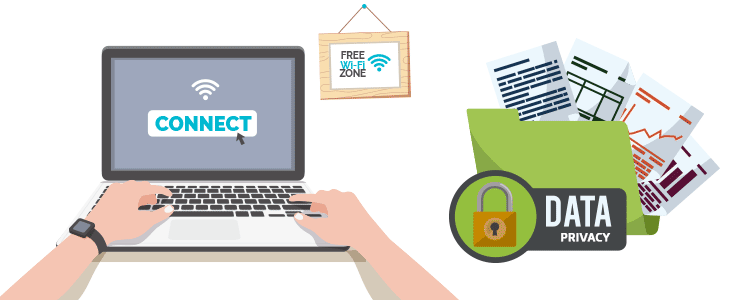
Whenever you get online, you share a bunch of private information without realizing it. This includes your IP address, operating system, browser version, screen size and system information. This information goes leaking straight till the websites you visit. So, along with the website you visited, your ISP too knows exactly which website you visited and at what time. It is extremely trivial for law enforcement (and sometimes even private individuals) to uniquely identify you and this information comes in very handy to do exactly that.
A VPN can encrypt all traffic between you and your ISP, thus hiding your activities from your ISP (Internet Service Provider). It also masks your true IP address and system details making them difficult to read and ensuring your privacy.
Online Security
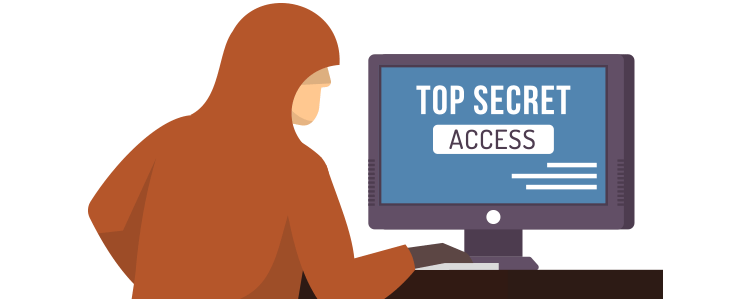
When you browse the web or use an app, you are at the mercy of the website and the app developers for your security. They may or may not chose to encrypt the communication between your browser and the Internet. Additionally, many public WiFi hotspots are unencrypted or have poor encryption. All of this opens up the possibility for someone else to snoop on the data that is being sent and received from your system. If they succeed, they end up gaining access to private information including but not limited to your browsing history and login credentials.
A VPN can protect you from such security risks by encrypting all the data sent or received from your system. Even if someone is able to monitor your data, it will be encrypted and will make no sense to them.
Geo-spoofing

Geo-Spoofing or Geographical Spoofing means faking your actual geographic location. Many content distributors like YouTube, HBO and Netflix restrict their content to certain geographies. However, such restrictions make little to no sense on the Internet as the Internet has no geographical boundaries. VPN software can help you spoof your geographic location by connecting to a server in the VPN network located in a country of your choice. This will make it look like you reside there and are connecting to the Internet from that particular country.
Unrestricted Speed
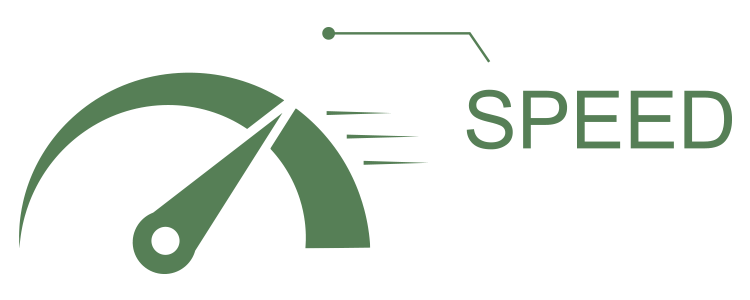
Many ISPs throttle or adjust your Internet speed based on what kind of data you are using. Internet service providers often throttle high bandwidth applications like streaming video (Netflix or YouTube) and torrents to maintain their networks congestion free. This is highly unethical and goes against the spirit of a fair Internet. VPNs can help you bypass throttling by encrypting your connection from your ISP and hiding its true nature.
Conclusion
In this article you got an overview of what is a VPN and the benefits of using a VPN. Clearly, VPNs are not used only by corporate companies. There is a much larger number of individual home users who use a VPN for all the reasons that we have discussed above. Bot, however ideal the reasons that we have cited above sound, not all of them are applicable everywhere in the world. Before you start using a VPN right away, you should first check whether Using a VPN is legal in your own country.
A blogger since the good old days of dial-up, an ardent food critic, a Computer Science Engineer and a lover of travel, I am here to rant about all things Windows.

Thanks for article.helped for better undrstanding.